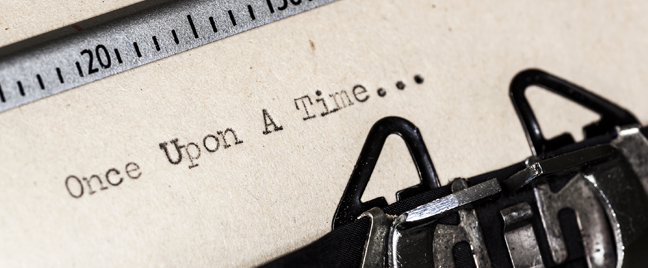Read about Akosha, the controversies surrounding its rebranding into Helpchat, and the lessons we can take from it.

Chances are you have already heard of Akosha. Started in 2011 by a couple of visionaries who wanted to revolutionize the way consumer disputes were handled (read: unheard) in India. Akosha grew from a small company, handling 10 disputes a day to a mammoth (Source) with a close to 70 million dollars evaluation (Source). Everything was going well for this startup until it just changed its entire business model, its branding and laid over 280 people in a span of eight months (Source).
What exactly happened?

In an interview, Ankur Singla, Co-Founder and CEO of Helpchat (ertswhile Akosha), said that the kind of queries people wanted to get addressed started treading unanticipated paths. (Source) Therefore, to cater to the larger chunk of the market, they had a complete makeover; from a consumer redressal platform to an online virtual assistant.
Personally, I believe Akosha was the closest to a successful ODR platform that we’ve had in India. It bridged the gap between the top executives at a company and the consumer, facilitating the dispute resolution effectively. However, Akosha had another venture named Onedirect, which worked alongwith the companies to enhance and improve the consumer experience. In a blogpost, an allegation was made that Akosha was shut down to use the existing information for Onedirect, rendering a lot of revenue, much more than what would have accrued had they been employed at Akosha.(Source) Here’s the excerpt from the post:
“All Akosha does is that it confines user complaints to its page whereby it is escapes the attention of the rest of the internet. The company’s misdemeanour is prevented from being splashed on the internet for everyone to see and now it is going to get even worse.
[…]
Think of this in another way. Akosha has two clients – one is a Mr. Prateek who has complained against Company A on Akosha’s complaint forum to get his Rs. 3000 back. Akosha will get Rs. 250 for its services from Mr. Prateek. It would probably stand to make Rs. 10 lakh from Company A for providing its “image management services”. So in a standoff between the customer and corporate, whose side will Akosha take? The customer who will give a business of Rs. 250 or a corporate who provides him 4000x more in annual revenues. This is a classic David-versus-Goliath scenario in which David has an additional handicap that he cannot use his sling.”
The real reason for Akosha’s rebranding is still a mystery and everyone has their own theory. But, this all is best left to conjecture.
However, there are a few takeaways from (the now non-existent) Akosha :
There’s a huge demand for dispute resolution services-
Akosha, within a year of its launch, had catered to about 30,000 customers (Source). This amount doubled in just six months to 60,000 consumers (Source). By 2014, it was getting about 1,400 disputes in a day (Source). This shows that the consumers are hungry for a way out, something which provides the a reprieve from the hassle riddled existing consumer dispute redressal mechanism in the market. The numbers speak for themselves.
Another surprising revelation was that the companies are also on the lookout of a process which provides the consumers with a friction-less experience. Top officials of about 350 companies were involved in the dispute resolution process(Source). In today’s world of cut throat competition where the smallest of news spreads like wildfire, all the companies are struggling with the problem of customer service to maintain their brand’s reputation. And having a service like this can be really effective.
There is low awareness about Alternate Dispute Resolution Mechanism–
A lot of people still don’t know about Akosha (or rather didn’t know about it during its prime). And Akosha is as popular as it gets when it comes to facilitation of dispute resolution in an online medium. A simple “Do you know about Akosha?” survey amongst friends and family rendered a fervent shaking of their heads accompanied with a confused look. There needs to be a service, so widespread that an average person knows of its existence.
Despite whatever happened to Akosha, it was, and still is an inspiration for all the tech legal startups in India. Let’s hope we learn from it!




